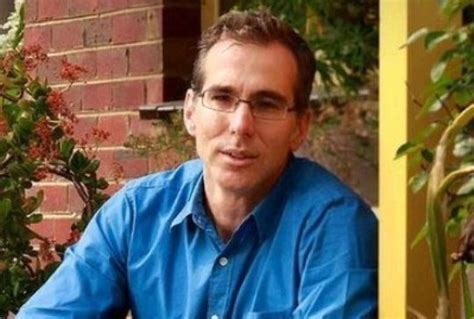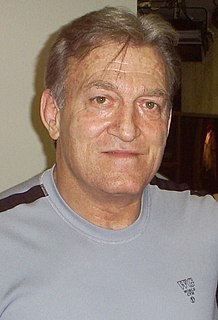A Quote by Lauren Oliver
I worked in publishing before I became an author, so I knew how a book gets made.
Related Quotes
I know publishing now more as an author than with occasional peaks inside those elite offices than as an industry insider. It was difficult publishing a novel the first time around, while working behind the scenes, knowing all that has to happen to make a book a success and to still make the leap as an author.
Now, almost twenty years since my last job in book publishing, I know that there are far more socially inept people in book than in magazine publishing. At the time, however, I just didn't feel I was enough: smart enough, savvy enough, well read enough, educated enough, charming enough. Much of this was probably because I was very naive, and didn't really know how to behave in an office. This made me a terrible assistant, which in turn made me a terrible junior book editor.
Frequently, an author gets "orphaned" at a publisher. What this means is that an editor buys their book, then ends up getting fired, promoted, or transferred to a different job somewhere else. It sucks for the author because suddenly the person who liked your book enough to buy it isn't around to help you edit and promote it.
The Internet obviously changes things; we've seen that in the music industry above all else. As an author, I'm now having to deal with the fact that it's happening in the publishing industry as well. And publishing is going through a very difficult time. Some view it as positive, some negative, but nobody really knows how to deal with it. If you're an author it looks very challenging because your work can be pirated so easily and there's very little you can do about it.
That's how I became the damaged party boy who wandered through the wreckage, blood streaming from his nose, asking questions that never required answers. That's how I became the boy who never understood how anything worked. That's how I became the boy who wouldn't save a friend. That's how I became the boy who couldn't love the girl.



































